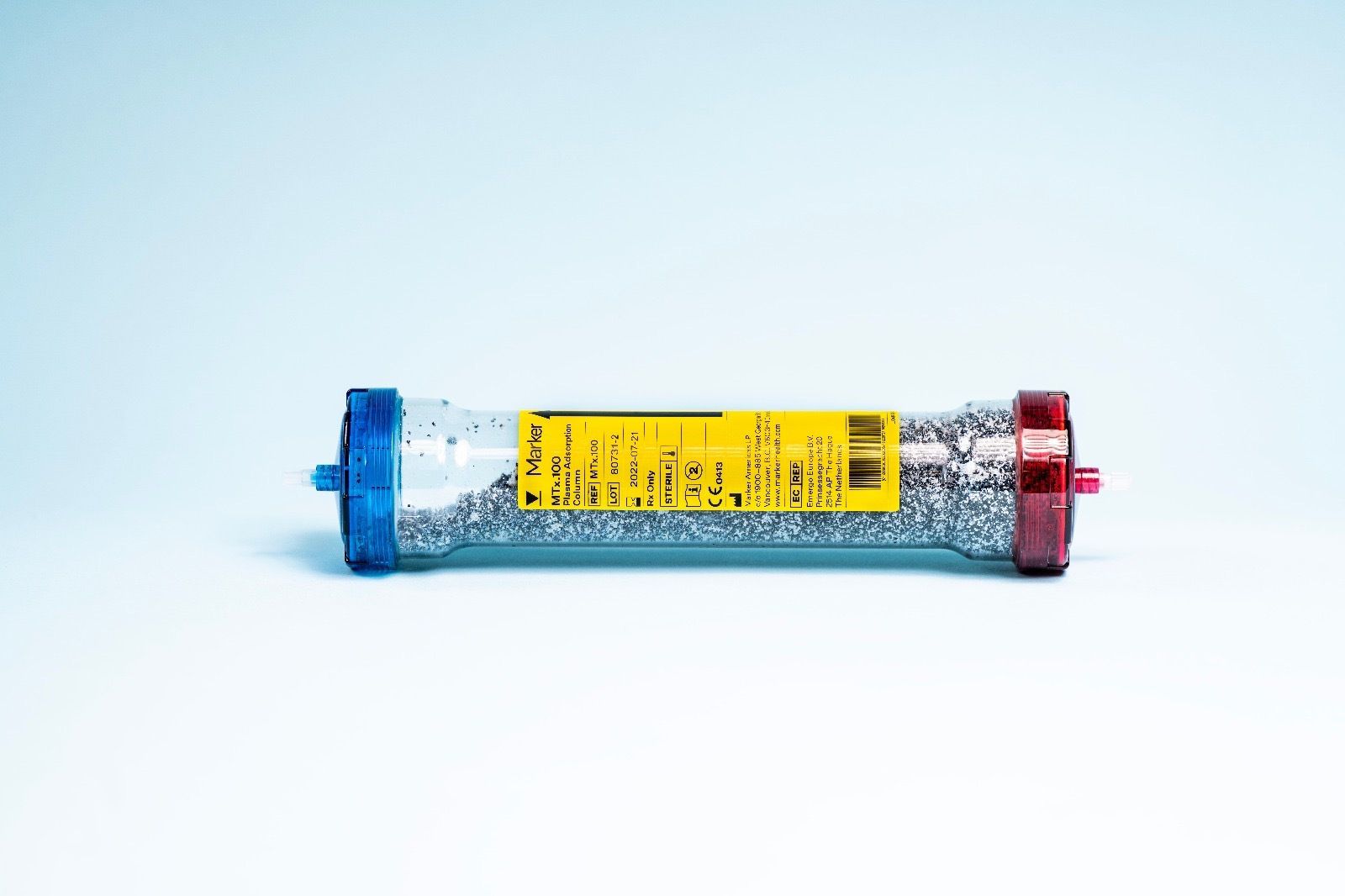States Are Banning Forever Chemicals. Industry Is Fighting Back
Forever chemicals, also known as PFAS (per- and polyfluoroalkyl substances), are synthetic chemicals that have been linked to numerous health concerns including cancer, immune system disorders, and reproductive issues.
Several states have taken action to ban the use of these chemicals in various products such as firefighting foam, non-stick cookware, and food packaging. These bans aim to protect public health and the environment from the harmful effects of PFAS.
However, the industry that produces these chemicals has been fighting back against these bans, arguing that PFAS are necessary for certain applications and that alternative chemicals may not be as effective or safe.
The battle between states and industry over the use of forever chemicals is ongoing, with advocates on both sides presenting their arguments in legislative hearings, courtrooms, and public forums.
In recent years, public awareness of the dangers of PFAS has increased, leading to more pressure on lawmakers to take action and protect their constituents from exposure to these harmful substances.
Some states have successfully passed bans on certain uses of PFAS, while others are still in the process of considering legislation to restrict their use.
The issue of forever chemicals is complex and multifaceted, with economic, environmental, and public health considerations all playing a role in the debate over their regulation.
As more research is conducted on the long-term effects of PFAS exposure, the urgency to address this issue continues to grow, prompting states to take action and industry to push back against restrictions.
Ultimately, finding a balance between protecting public health and allowing for the continued use of certain products will require collaboration between policymakers, scientists, industry representatives, and advocacy groups.






More Stories
This Startup Says It Can Clean Your Blood of Microplastics
The Art of the Perfect Nap
Torpedo Bats and the Physics of the Sweet Spot